Are your hormones out of whack? Perhaps you know someone else in your family that gets horrible breakouts? Chances are you could be suffering from hormonal problems that are causing your breakouts. In fact, hormonal acne is an issue that approximately 80% of people will experience at some point in their life.
Everybody gets acne from time to time, but if you see acne appear on your face or body that won't go away, that’s usually a sign of hormonal imbalance; that’s how you know!
If Hormonal Acne is the real culprit, then your treatment plan has to adjust.
Hormonal acne is a difficult thing to treat, and more times than not, over-the-counter treatments just don’t work. Now the first step is to obviously consult your dermatologist. They’ll be able to properly diagnose the root cause of your breakouts, and the ideal treatment plan. However, what I would like to do today is focus on your diet, and how changing your diet could help minimize your hormonal acne.
Lifestyle, Diet, and Breakouts!
Adjusting your lifestyle and diet is a natural way to help bring balance back to your hormones, while also nourishing your skin and helping it heal. There are certain nutrients that, if added to your diet, can help reduce (and sometimes even get rid of) hormonal acne! In this article, we’ll talk about what these nutrients are, and how you can incorporate them into your diet:

1. Vitamin A & Vitamin C
It’s no surprise that these are the very first 2 nutrients that we recommend to help manage chronic acne. After all, there’s a reason Vitamin C serums are all the hype! Vitamin C is crucial to the health of your skin, and can really support hyperpigmentation, elasticity, aging, and that perfect glow that we all crave. In addition, vitamin C contains anti-inflammatory properties and helps reduce the redness and swelling that comes with acne.
As for Vitamin A, it acts as both an antioxidant and anti-inflammatory agent within your skin cells. This allows your body to fight free radicals that would otherwise allow a build up of breakout-causing bacteria. Supplementing with vitamin A is a great idea if you have oily or combination skin, because it does help to reduce the production of sebum.
Both of these vitamins can be used topically, however as we always say, skincare starts from within! So try to incorporate more foods with these 2 vitamins into your diet, or take a beauty supplement or vitamin c solution that can help give your body those nutrients it lacks.
However, as with many other vitamins and minerals, too much vitamin A can actually worsen your acne symptoms. Make sure to discuss it with your doctor or dermatologist prior to beginning a vitamin A solution. You want to ensure you aren't undermining your efforts to clear your complexion!
2. Zinc
Zinc is very well known for it’s cold-fighting capabilities, however what most people don’t know is that it’s also a mineral that contributes to the maintenance of normal and healthy skin. It promotes antibacterial and anti-inflammatory responses in the body, which can help reduce the severity of your acne symptoms. In fact, administering zinc has been scientifically shown to reduce oil production in the skin, and combat acne-causing bacteria.
If the hormonal acne you're experiencing is generally mild, then a topical zinc solution may be most effective for your needs. On the other hand, if you suffer from more severe bouts of acne, then a zinc supplement may be more effective.
While zinc has been proven effective at combatting acne, it's very important that you don't consume too much. Too much zinc in your body can lead to many uncomfortable symptoms like nausea, headaches, diarrhea, loss of appetite, vomiting, and abdominal pain. Not only this, but too much zinc can also interfere with your HDL cholesterol levels. For adults, the maximum daily amount of zinc consumed should be 40 mg, and for teenagers, this number drops to 34 mg.

3. Vitamin D
Vitamin D - the sunshine vitamin! We all know Vitamin D can help with mood, energy levels, and immunity, but again it’s one of the vitamins that can also play a role in the health of your skin. Why? Well, Vitamin D can actually help combat the inflammatory response caused by acne. Vitamin D also helps limit the production of sebum, which is an oily substance created by your sebaceous glands that normally protects and moisturizes your skin. However we all know that saying, too much of anything is never good; when your body produces too much sebum, it can create clogs in your pores, which flare up and create breakouts.
Hence, Vitamin D can help to limit these flareups, and even reduce the inflammation when those breakouts occur. So, sometimes adding a Vitamin D supplement into your diet can go a long way.
4. Probiotics
Probiotics are the good bacteria that help maintain the body’s natural bacterial balance. Good bacteria is required for the proper absorption of nutrients, regulating digestion, and for maintaining the immune system. In fact, one possible cause of acne is a disruption of the body’s natural bacterial balance.
A normal balance in your body's bacteria is typically achieved by eating healthy foods and avoiding processed and refined foods.
Taking probiotics can help to rectify the imbalance of bacteria, and can lessen the severity of your acne symptoms. In fact, research is emerging showing how closely linked your gut health is with your complexion. By taking probiotics, you can help to balance the microbiome of your gut, helping to quell the inflammation that causes acne.
5. Magnesium and Calcium
Magnesium and calcium are also important minerals that help to regulate the production and reabsorption of sebum. By reducing the production of sebum, you can reduce the severity of your acne symptoms. These minerals working together can also aid in the regulation of cell growth and can prevent scarring.
Adequate levels of magnesium can also reduce cortisol production, which often triggers hormonal imbalances in the body. By adding calcium in addition to magnesium, your body will generate more antioxidants to combat inflammation, one of the leading causes of acne.

The recipe to clear, healthy skin is truly a holistic approach. Diet, nutrients, and the right supplements play a significant role in acne prevention and treatment. Supplements can address any nutritional gaps that may be difficult for you to incorporate into your diet.
It’s important to note that these supplements should be part of a larger and more well-rounded supplement regimen. They should not be the only measure you take in combating your acne. In fact, if you have severe and persistent acne, it's a wise idea to consult a dermatologist who can recommend some effective topical solutions for you.
Remember, everyone’s body is different and these results may vary from person to person. Treating hormonal acne with supplements is absolutely achievable with the right diet and supplement regimen. Be sure to talk to your doctor or dermatologist about what may work most effectively for you and your unique situation.



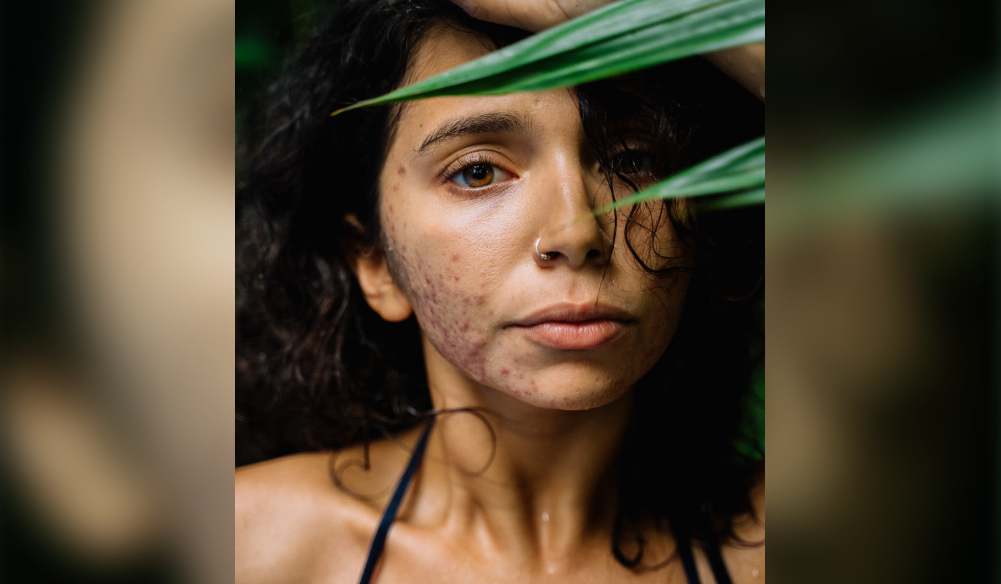















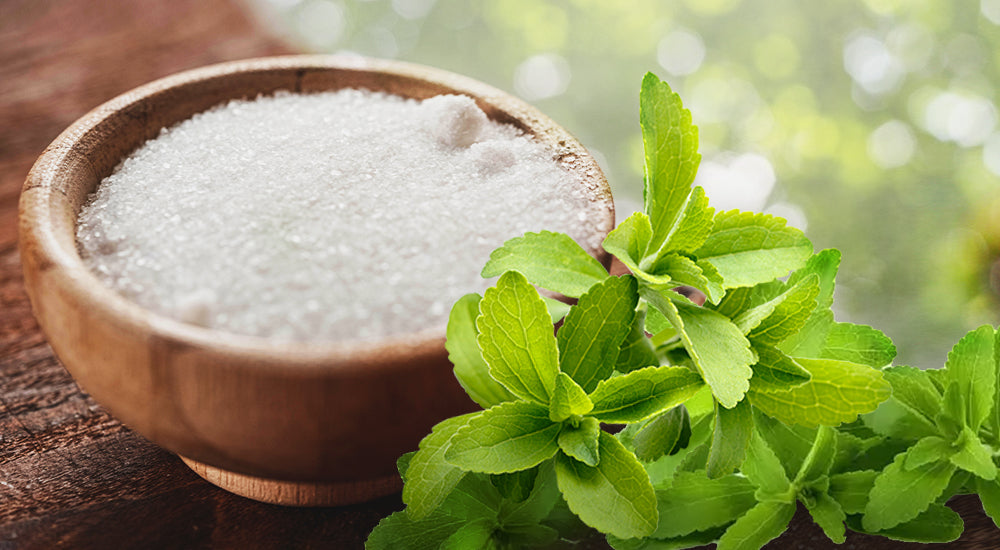
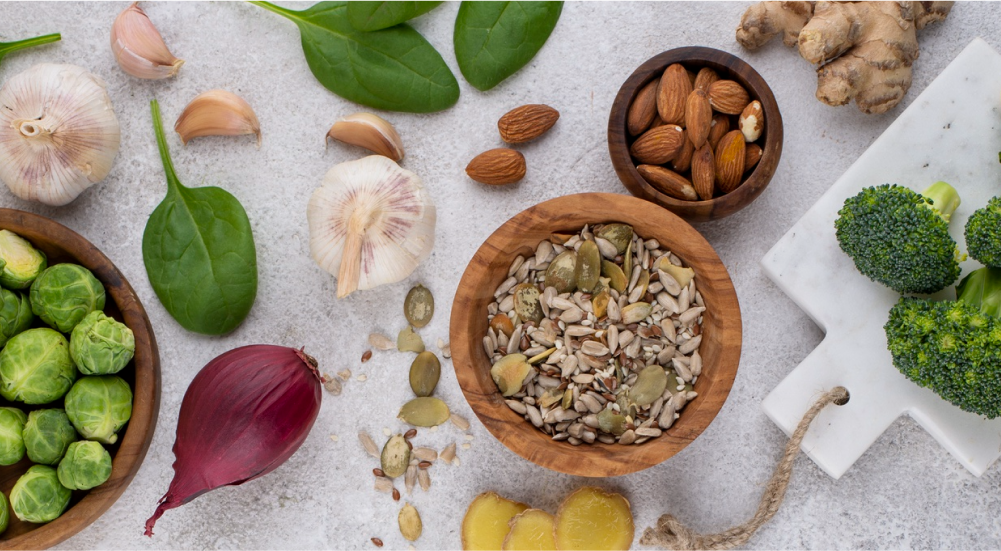
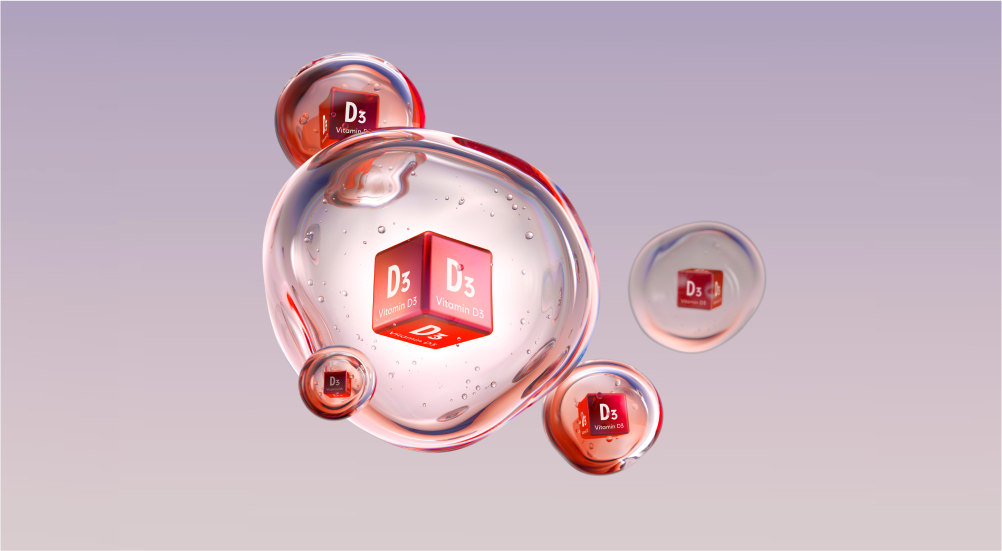

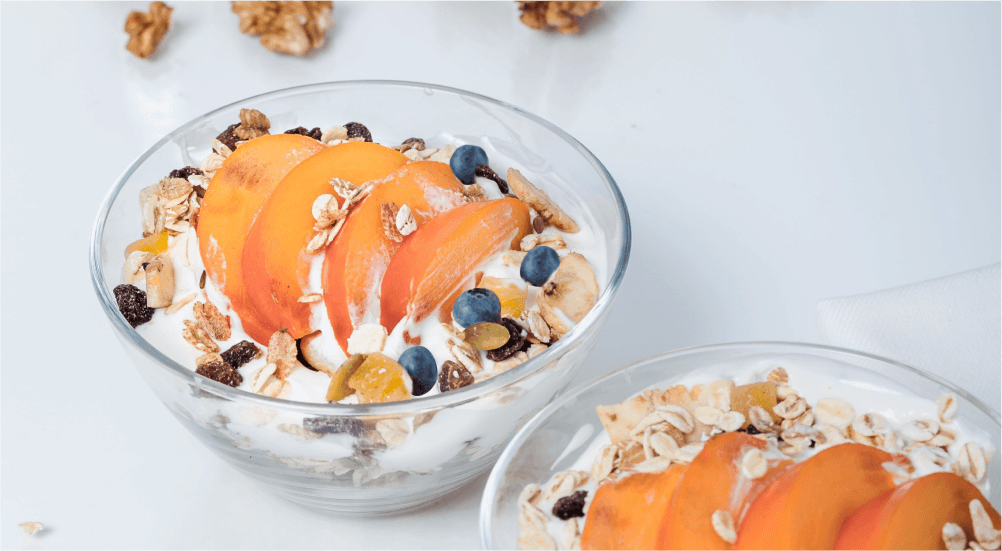
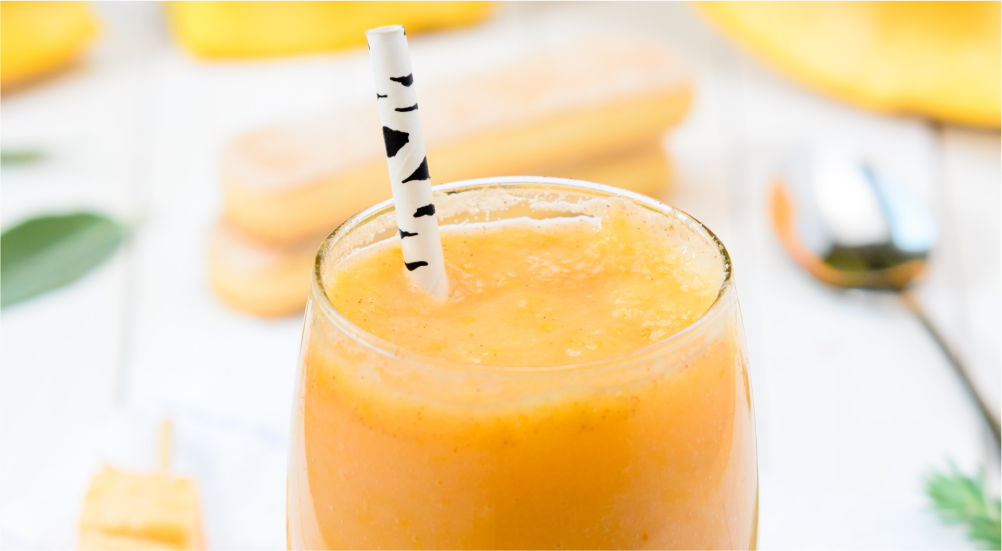


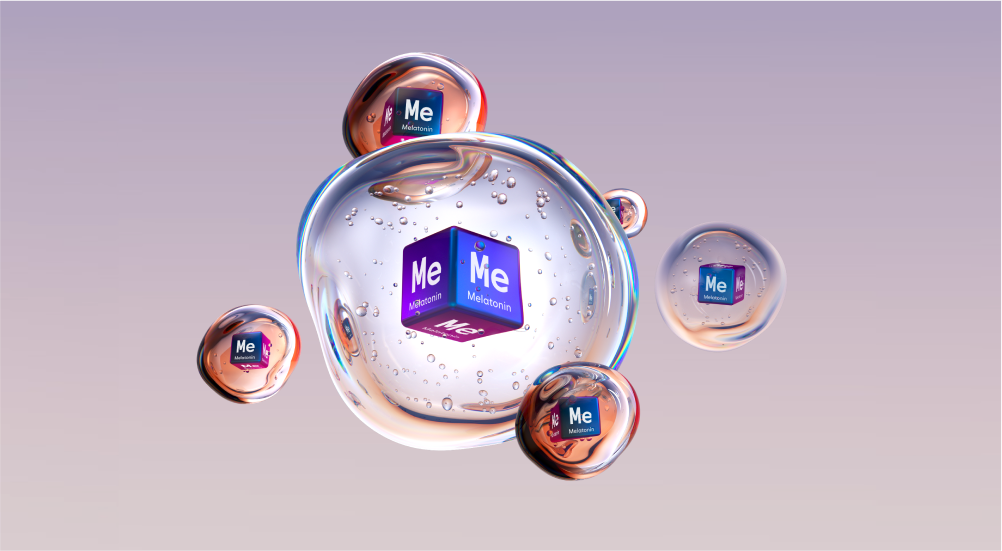

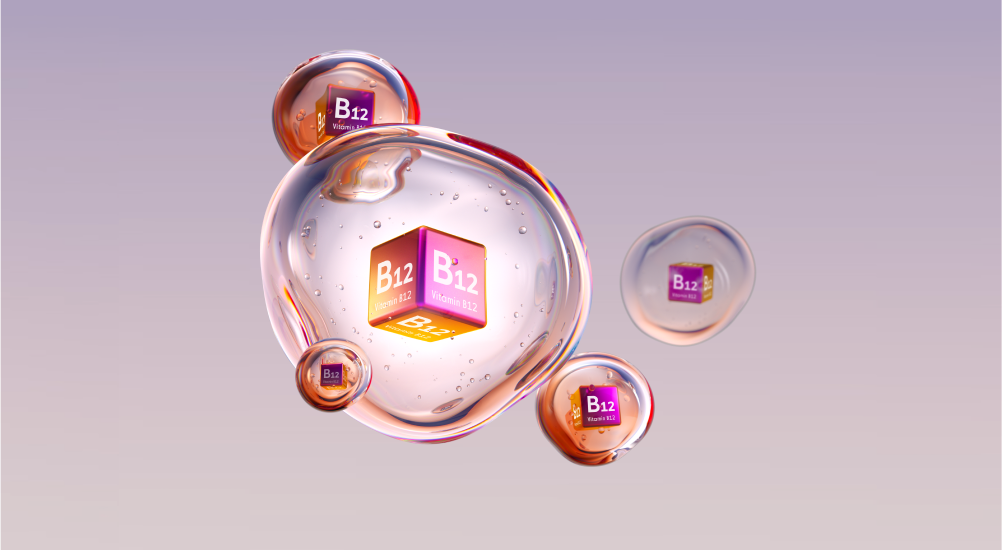
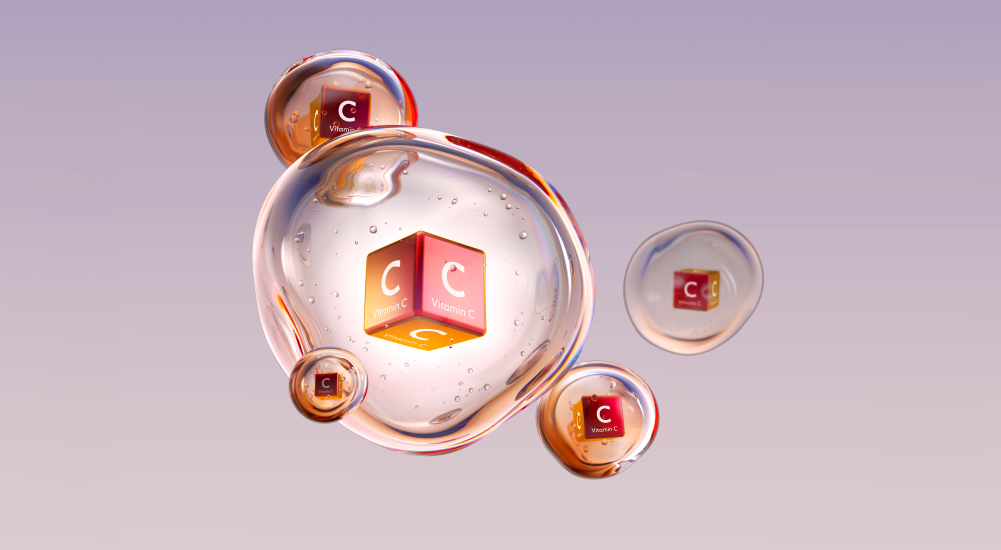


2x4 is a wellness brand created by doctors and wellness advocates. We seek to empower those who are curious about better nutrition and provide tools to multiply wellness.